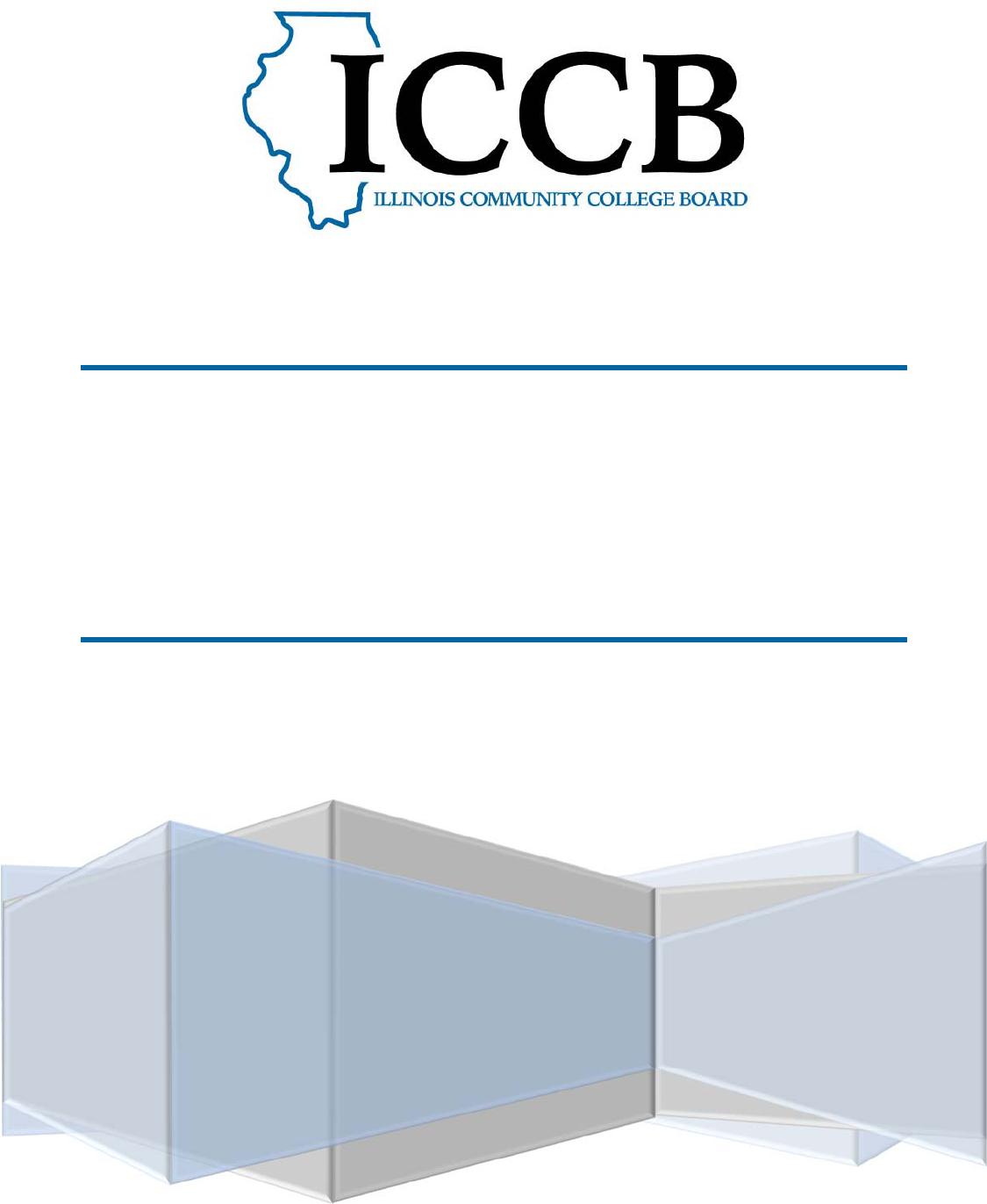
180
RECOGNITION REPORT
ILLINOIS VALLEY COMMUNITY
COLLEGE
September, 2019

181
Illinois Community College Board
RECOGNITION REPORT
FOR
ILLINOIS VALLEY COMMUNITY COLLEGE
September, 2019
INTRODUCTION
During fiscal year 2019 the Illinois Community College Board (ICCB) conducted a recognition evaluation
of Illinois Valley Community College, District 513. Due to the number and type of compliance findings in
this report, the ICCB staff will recommend that the ICCB issue a finding of Recognition Continued to
Illinois Valley Community College. The information below describes the recognition process. The report
following addresses specific compliance and advisory recommendations.
Recognition is a statutory term describing the status of a district that meets instructional, administrative,
financial, facility, and equipment standards as established by the ICCB. A favorable recognition status is a
condition of state funding eligibility. There are three categories of recognition status.
Recognition Continued - The district generally meets ICCB standards.
Recognition Continued - with Conditions - The district generally does not meet ICCB
standards.
Recognition Interrupted - The district fails to take corrective action to resolve the conditions placed
upon it under “recognition continued-with conditions” within a prescribed period.
The standards selected for review during the current cycle include four categories: 1) Academic, 2) Student
Services/Academic Support, 3) Finance/Facilities, and 4) Institutional Research/Reporting. The report
focuses on the findings and recommendations for each standard. These findings are based on the specific
rule(s) or statute(s) being examined as a part of the appropriate standard. For each standard the college may
receive one of two types of recommendations: compliance or advisory.
Compliance Recommendations are those for which the college was found to be out of compliance
with a given state statute or administrative rule.
Advisory Recommendations consist of instances where the review team identified areas that it
believes would be beneficial for the college to examine or pursue, but action is not required.
The staff of the Illinois Community College Board wishes to thank the college for its assistance and efforts
in conducting this review. The Board acknowledges that the college is involved in numerous positive
activities, processes, and initiatives not reflected in the report and commends the institution for its efforts
on behalf of students.
EVALUATION RESULTS AND RECOMMENDATIONS
1. INSTRUCTION
1. Degrees and Certificates
A comparison between Illinois Valley Community College’s 2018-2019 catalog and the ICCB
Curriculum Master File indicates that all degree and certificate programs have been approved by
ICCB. All active and approved degrees and certificates fall within the required credit hour ranges
as defined in the ICCB Administrative Rules Section 1501.302 a)3)A)i).
No discrepancies between the college catalog and the curriculum master file were identified.

182
Compliance Recommendation: None.
2. Articulation
Illinois Valley Community College offers the Associate in Arts (A.A.), the Associate in Science
(A.S.), and the Associate in Engineering Science (A.E.S.). Specific degree requirements parallel
recommendations of the Illinois Articulation Initiative (IAI).
According to the ICCB Program Approval Manual, for courses that are offered as part of a transfer
program that are not IAI-approved, community colleges are required to keep current (within the
last five years) articulation documents on file and available upon request from the ICCB. Evidence
of articulation includes signed Form 13’s or documentation from Transferology indicating a current
articulation match.
According to the requisite Recognition standard, the college has provided documentation of
articulation for 19 of the 20 Baccalaureate/transfer courses requested. One course was inactivated
from the college’s course offerings/schedule in 2000, however, the appropriate form to withdraw
the course was never submitted to ICCB. Articulation documents indicating the course was
articulated during the years it was offered were provided by the college, however, the college has
since submitted a request to withdrawal the course which was approved June 12, 2019. A review
of the college’s evidence of articulation (Form 13) submissions, IAI codes, and/or Transferology
documentation indicates that the remainder of the 20 courses submitted had the required current
transfer agreements in place.
Compliance Recommendations: None.
3. Academic Control
The college reported having a procedure in place for program review, assessment, and curriculum
review. The college reported reviewing Curriculum Committee and Teaching and Learning
Committee minutes to demonstrate that the college maintains academic control of its units of
instruction. The college also reported having a policy for approval of programs, determining credit
hours assigned to academic courses and programs, assessment, admission to the college, and dual
credit enrollment.
The college did not report the process it uses for course and program approval and review or
composition of the committees—only that their review showed that they had academic control. It
is unclear how a course or program is vetted and approved internally, the structure and composition
of the committees who review said courses and programs, or if there is a review by administration.
How items reach the Board of Trustees for approval, as required by board policy, was not evident
in the submission.
Compliance Recommendation: In order to be in compliance with Administrative Rule 23 Ill.
Adm. Code 1501.302 a) 2(A), the college should make clear what process it uses to implement a
unit of instruction ensuring it is under the direct and continuous control of the college. The process
to accomplish the implementation of programs must be clearly articulated.
College Response: IVCC has clear processes in place for implementing units of instruction that
ensure they remain under the direct and continuous control of the College. New program proposals
require needs and cost analysis prior to being submitted for approval. This work often requires the
help of an advisory group of industry and external stakeholders. Recommendations based on these
investigations to move forward with program development are reviewed by division faculty, deans,
and the Vice President and Associate Vice President for Academic Affairs. In addition, program

183
outcomes, course sequencing, and assessment measures are developed as part of the proposal for
submission to the Curriculum Committee. The Curriculum Committee, comprised of faculty,
academic administrators, and counselors, reviews both the program proposal and the associated
course proposals as part of its approval process. The Committee may recommend revisions or
changes as part of its review. Once approved by the Curriculum Committee, new programs are
reviewed by President’s Council for placement on the Board of Trustees agenda for approval. Once
the program has been approved by the Board of Trustees, it, along with the requisite paperwork,
is submitted to the Illinois Community College Board for approval and submission, if necessary, to
the Illinois Board of Higher Education.
Approval of new courses follow a similar process to that of the program approval process. New
courses are recommended for consideration and development to the division faculty and dean.
Advisory committees are often consulted as valuable resources in the development of new courses.
New course proposals are submitted to the dean for approval prior to requesting articulation with
4-year institutions. Once articulation requests have been approved, the proposal is submitted to
the Curriculum Committee for review and approval. The Committee may recommend revision or
changes if necessary prior to granting approval. Once the Curriculum Committee has approved
the new course, it is submitted to the Illinois Community College Board for approval. This approval
must be granted prior to offering the course.
Flow charts depicting these approval processes are available upon request.
4. Curriculum
4a) A comparison between Illinois Valley Community College’s college catalog and the ICCB
Curriculum Master File indicates that all degree programs are within the range of total number of
credit hours required for completion of an associate degree curriculum. All active and approved
degrees fall within the required credit hour ranges as defined in the ICCB Administrative Rules
Section 1501.302, all career and technical education degree offerings are aligned with a career
pathway, and all plans of study are aligned with a transfer pathway.
4b) The college indicated there is a systemic process in place to identify the local, state, and federal
standards by which curriculum is developed, including any associated program accreditation
(optional or required) for students to earn related industry-recognized credentials. Furthermore,
multiple CTE programs offer stackable credentials, from short-term to advanced certificates to
A.A.S. degrees, many of which lead to industry-recognized credentials.
No discrepancies between the college catalog and the ICCB Curriculum Master File beyond what
the college identified in their self-evaluation were noted.
Compliance Recommendation: None.
5. Dual Credit
As part of Illinois Valley Community College’s 2019 Recognition review, the following dual credit
information was examined in order to determine if institutional policies and practices were in
compliance with Administrative Rule 23 Ill. Adm. Code 1501.507(b) (11) A-G: 1) the college’s
self-evaluation, 2) data from the ICCB Annual Course submission, and 3) an audit of student
qualifications and faculty credentials. To examine student qualifications, ICCB utilized the Annual
Course submission to select 100 dual credit transfer (1.1 PCS) and career and technical education
(1.2 PCS) courses for review; 50 from fiscal year 2017 and 50 from fiscal year 2018. The college
was then required to conduct an audit using the dual credit sample and provide information related
to student qualifications, relevant pre-requisites, and placement policies. The college was also
required to provide a list of all instructors teaching dual credit courses in fiscal years 2017 and
2018, including their credentials.
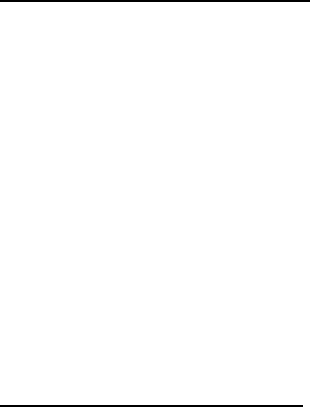
184
State Laws and Regulations and Accreditation Standards.
Based on the review, staff concluded that all state laws, regulations, accreditation standards and
local college policies apply to courses, instructional procedures, and academic standards at Illinois
Valley Community College. These apply to students as well as faculty and staff associated with
dual credit courses at the college.
Instructors.
During fiscal years 2017 through 2018, it was reported that 51 instructors taught transfer (1.1) dual
credit courses. Of these instructors, four did not have the appropriate credentials to teach transfer
courses. It was reported that 31 instructors taught career and technical education (1.2) dual credit
courses. Of these instructors, five instructors did not have the appropriate credentials.
Students.
After a review of the college self-study report and the additional audit materials requested by the
ICCB, two students did not meet the pre-requisite requirements for the dual credit course.
Course Offerings and Requirements.
Courses were selected from transfer courses and career and technical education courses consistent
with requirements for dual credit offerings. The course prerequisites (including placement
policies), descriptions, outlines, and student outcomes utilized for these courses aligned with the
courses offered on campus and at other off-campus sites.
Compliance Recommendation 1: In order to be in compliance with Administrative Rule 23 Ill
Adm. Code 1501.507(b)(11)(B), Illinois Valley Community College must ensure all dual credit
instructors have adequate credentials to teach the courses they are assigned, and that those
credentials match those required to teach courses on campus. For transfer (1.1 PCS) courses,
instructors must have a minimum of a master’s degree with 18 graduate hours in the discipline
being taught. For CTE (1.2 PCS) courses, instructors must have 2,000 hours of work experience
and the appropriate recognizable credential depending on the specific field. Qualifications of dual
credit instructors must be appropriately collected, documented, and retained. The ICCB recognizes
that the amended Dual Credit Quality Act, effective January 2019, may impact the ICCB
Administrative Rules moving forward as they pertain to dual credit courses and instruction.
College Response: The College shall complete an audit of its dual-credit instructors to ensure they
meet minimal qualifications for teaching dual-credit courses. Instructors not meeting qualifications
will be advised about the credentials necessary for instruction, placed on improvement plans when
appropriate, and/or not reassigned to courses until qualifications have been met.
Compliance Recommendation 2: In order to be in compliance with Administrative Rule 23 Ill
Adm. Code 1501.507(b)(11)(C), the college must ensure that all students accepted into dual credit
courses meet the institution’s criteria, prerequisites, and/or placement procedures for each course.
College Response: The Assessment Center runs a report on all RED/ENG/MTH prerequisite
courses. This process starts mid-summer so that students can be contacted who are not meeting
placement. Another report is again run 2 weeks before class starts.
Students on the report come up with one of the following statuses:
C= Complete (prerequisite met)
I= Incomplete
N= Not meeting perquisites
P= In Process (student is enrolled in pre-req course and final grades have not been
determined)

185
The Assessment Center evaluates the students with an I, N, or P status and documents what each
is missing in a report that is forwarded to the Dual Credit Coordinator. The Dual Credit
Coordinator then begins following up with the students.
If the student has no scores on file, they are requested to provide their ACT or SAT scores
if available.
If no ACT or SAT scores are available, then the student is requested to set up a placement
testing appointment to test before school starts.
If the student does not place into the class, the Dual Credit Coordinator contacts the
student and the high school to let them know that they are being dropped from the course.
On occasion, a dual credit student will appeal to get into the class. The student submits their appeal
and high school transcript and any other documentation to the Dual Credit Coordinator who
forwards it on to the dean of that division for review. If the appeal is approved, a petition is created
in the student record to denote that the student has been allowed into the class and for what reason.
This same process is allowed for regular students at the college except that it can be entered by a
dean, college counselor or instructor.
6. Assessment Plans
Illinois Valley Community College has a systematic, college-wide approach to the assessment of
student learning. The college is committed to regular assessment of student learning outcomes. The
college reported being near completion of its pilot program of assessing the General Education
across the curriculum. The Assessment Committee with the Curriculum Committee will maintain
master course syllabi where general education goals are identified. The college is using a learning
management system add-on to deploy and collect general education goal rubrics. The college stated
limited work had been done to follow students in degree and certificate programs regarding general
education outcomes. However, outcomes for Career and Technical Education programs have been
mapped to courses within the programs. Work will continue on integrating these outcomes into
their learning management system to assist with this process.
The Assessment Committee will participate in the annual Assessment Fair to build on best practices
and work with a National Institute for Learning Outcomes.
Illinois Valley does review its placement scores and policies. In the fall of 2018, cut scores were
changed based on recommendations from an internal workgroup and state-wide recommendation
for implementing multiple measures. The college reported continuing work on implementing more
options aligned with multiple measures placement including a combination of high school
coursework and GPA.
Compliance Recommendation: None.
Advisory Recommendation: The college should ensure that it is able to conduct assessment of
curriculum and student learning outcomes with or without access to technology.
College Response: The College has manual back-up processes for its assessment practices.
7. Student Evaluation
Illinois Valley Community College has a well-defined system for evaluating and recording student
performance in courses and programs. Grade distribution reports are reviewed each semester by
the appropriate administrator. The college has established and published minimum standards of
academic achievement as defined by satisfactory academic progress through grade point average
and attempted credit hours. The college has Board policies governing its grading system, grade
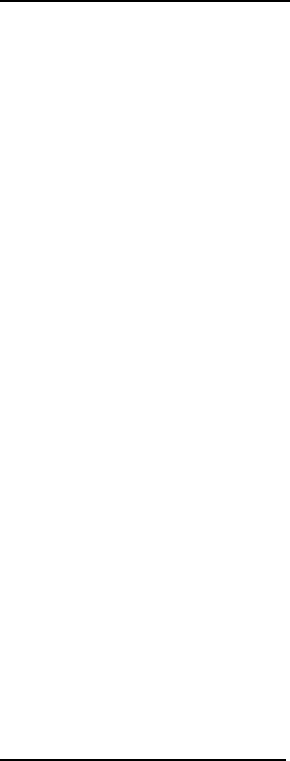
186
appeals, and grade forgiveness.
Compliance Recommendation: None.
8. Faculty Qualifications/Policies.
Illinois Valley Community College reported that any instructor teaching a transfer-level course is
required to have a minimum of a master’s degree with 18 graduate hours in the discipline. All
full-time faculty for transfer-level courses are required to hold a master’s degree in the discipline
they are assigned to teach. Occupational faculty must have the appropriate combination of
experience in their field and academic credentials relevant to the courses they teach. They also
reported doing a complete review of all full-time, adjunct, and dual credit faculty to verify that they
met the requisite standards to teach in their disciplines.
According to the requisite Recognition standard, the college provided transcript and relevant work
experience evidence for 25 of the 25 courses requested for full- and part-time faculty who taught
in the academic years 2017–2018. The ICCB review of the faculty transcripts provided by the
college showed that seven faculty members did not appear to have the proper credentials to teach
1.1 Transfer Courses. However, during the submission process, the college provided evidence that
three of the faculty members had an education plan in place. The college reported that three others
needed an education plan and one had credentials that did not align with the area in which the
course was being taught.
The college provided opportunities for faculty development on campus, including through the
Faculty Development Center. The Center has focused on issues related to instruction including
hands-on technology, creating accessible instructional materials, and pedagogy.
Nine courses were requested in the audit but were not taught during the academic year indicated.
As a follow up, the date of the last time the course was taught was requested. Seven of those courses
were last taught outside of the Recognition Cycle.
Compliance Recommendation: In order to be in compliance with Administrative Rule 23 Ill.
Adm. Code 1501.303(f), Illinois Valley Community College must ensure all faculty have the proper
credentials to teach. ICCB Recognition Standard 8a Faculty Qualifications/Policies states:
Professional staff shall be educated and prepared in accordance with generally accepted
standards and practices for teaching, supervising, counseling, and administering the
curriculum or supporting system to which they are assigned. Such preparation may include
collegiate study and professional experience. Graduate work through the master’s degree
in the assigned field or area of responsibility is expected, except in such areas in which the
work experience and related training is the principal learning medium.
The ICCB interpretation throughout the enforcement of these rules is that instructors teaching
courses that are designated as transfer (1.1) courses must meet the master’s degree requirement and
must have a minimum of 18 graduate hours in the discipline. Regarding areas in which the work
experience and related training is the principal medium, otherwise referred to as Career and
Technical Education, instructors (1.2) must hold the appropriate credential and 2,000 hours of
demonstrated experience in the field.
College Response: The College has completed an audit of its full-time instructors to ensure they
meet minimal qualifications for teaching dual-credit courses. The College shall complete a similar
audit for its part-time instructors. Instructors not meeting qualifications will be advised about the
credentials necessary for instruction, placed on improvement plans when appropriate, and/or not
reassigned to courses unless and until qualifications have been met.

187
Advisory Recommendation: As part of the program review cycle, all courses should be reviewed
within that five-year cycle. When courses are no longer relevant to programs or are no longer taught
on campus, they should be inactivated or withdrawn from the master course file.
College Response: As part of its annual internal program review, IVCC reviews course sequencing
and enrollment patterns in an effort to determine course viability. In addition, advisory committees
review program curriculum regularly to ensure courses remain relevant to the field. As courses
are no longer taught, IVCC will inactivate them or withdraw them from the master course file.
9. Cooperative Agreements and Contracts
As part of the recognition review for Cooperative Agreements, the following items of the college
were reviewed: the college’s self-assessment, including accompanying documentation and the
college’s course catalog. Illinois Valley Community College participates in the Comprehensive
Agreement Regarding the Expansion of Educational Resources (CAREER Agreement) which has
been approved by the ICCB and agreed upon by the 39 community college districts in the state.
The college also participates in additional inter-district cooperative agreements with two
community college districts—Sauk Valley Community College for Radiologic Technology and
Kankakee Community College for Medical Laboratory Technology. It is unclear if these two
cooperative agreements were approved by the ICCB prior to the start of the agreements.
Compliance Recommendation: None.
Advisory Recommendation 1: On page 18 of the college’s 2018-2019 College Catalog, the
language should be updated to reflect the adoption of the CAREER Agreement by all 39 community
college districts, or all 48 community colleges. Pursuant to article 19 of the CAREER Agreement,
of which Illinois Valley Community College is a part, colleges sending students to receiving
colleges will not pay chargebacks. The CAREER Agreement allows the student to receive in-
district tuition at a receiving college without the partial tuition support assistance of the home
district. Moving forward, the college should discontinue this practice and remove this language
from their College Catalog and any other places it may be.
College Response: While this information was inadvertently contained in the course catalog,
correct information concerning cooperative agreements, including the CAREER Agreement
protocols, was available on the College website. The appropriate updates have been made to the
2019-2020 College Catalog.
Advisory Recommendation 2: The college should ensure that all cooperative agreements have
been approved by the ICCB, including the current in-place agreements with Sauk Valley
Community College and Kankakee Community College.
College Response: The College will submit the agreements with Sauk Valley Community College
and Kankakee Community College to the ICCB for approval.
10. Academic Calendar
As part of the recognition review for Academic Calendar, the following items of the college were
reviewed: college catalog and/or applicable policy handbook, college website, and the college’s
self-assessment. IVCC has established a Calendar Committee comprised of administrators, faculty,
and staff from three main functional areas (Business Services, Academic Affairs, and Student
Services). The committee is charged with creating academic calendars. Illinois Valley Community
College’s Academic Calendar includes at least 15 weeks, with at least 75 full days of instruction,
for both the fall and spring semesters excluding weekends, holidays, staff in-service, and final
examinations. The current academic calendar and policies comply with Administrative Rule 23 Ill.

188
Adm. Code 1501.303 e)6. In the event of a school day closure or cancellation (e.g., inclement
weather, natural disaster, etc.), the district has developed Emergency and School Closings policies.
Compliance Recommendation: None.
11. Program Review/Results
After reviewing Illinois Valley Community College’s program review process and submissions
over the last five years, all instructional programs have been reviewed utilizing a systematic,
college-wide process. The college meets the minimum requirements of need, cost, and quality for
evaluating their instructional programs. The college includes student and academic support services
and administrative functions in their program review cycle. Detailed by the self-assessment, the
college utilizes sufficient supporting data, but will take additional steps to utilize disaggregated
data which will support a more thorough evaluation. No discrepancies between the college’s
program review process and schedule and the ICCB five-year program review manual were
identified.
Compliance Recommendation: None.
2. STUDENT SERVICES/ACADEMIC SUPPORT
Part A. Advising and Counseling
Illinois Valley Community College’s advising and counseling program is comprehensive and
organized to address the academic planning and transitional needs of new students and the
continued success of all students as they progress through their program. The counseling office
offers walk-ins on a first come, first serve basis. Walk-ins are typically available Monday,
Thursday, and Friday from 8:00 a.m. until approximately 3:15 p.m. and on Tuesday and Wednesday
from 8:00 a.m. until approximately 6:15 p.m. Currently, the college employs three full-time
counselors and six part-time counselors. The counselors are generalists in terms of serving students
regardless of the intended program of study. However, each full-time counselor is assigned to an
institutional academic division as liaison and also assigned to two in-state public senior institutions
for articulation purposes. The assignments rotate every two years so that counselors have the
opportunity to work with all divisions and institutions over time.
Compliance Recommendation: None.
Part B. Financial Aid
The financial aid program provides students with information about, and access to, available
financial support. The office hours are listed as 8:00 a.m. to 4:30 p.m. Monday, Thursday, and
Friday and 8:00 a.m. to 7:00 p.m. Tuesday and Wednesday with walk-in appointments available.
The Financial Aid Office works with area high schools to provide information at “College Nights.”
Financial aid services are also offered at the Outreach Centers including FAFSA completion
workshops and financial aid checks.
The financial aid office houses the Coordinator of Veterans and Military Personnel. The
coordinator explains services offered to students which include explanation and certification of
military benefits, enrollment assistance, and general questions and concerns.
Compliance Recommendation: None.
Part C: Placement
The Career Services Center provides wrap-around career advising, which includes career
exploration support. The Career Services Associate circulates a ‘job of the week’ via email and
through an online distribution tool (College Central Network) and shares employment information

189
with the college counseling staff on a regular basis. Despite this, it was discovered through student
feedback that students were unaware of this service being available. The college acknowledged the
need to improve processes in this area as well as bring awareness to the department’s mission.
Compliance Recommendation: None.
Advisory Recommendation: The ICCB recommends including several areas within the stated
department strategic initiative. Working with faculty, becoming involved in new student
orientation, providing faculty development opportunities, and developing marketing materials to
highlight resources within the department would be ideal. The college should continue to explore
available options in developing an improved system for tracking and use of student performance
data and explore additional web-based career exploration tools/resources.
College Response: The College plans to improve student awareness of the Career Services
Department in a variety of ways. First and foremost, the Career Services Associate plans to
approach faculty program coordinators whose programs require internships in order to get into
the classroom to market departmental services. Additionally, all students will be bulk uploaded
into the College Central Network (CCN). They will then be notified that they were provided with a
free CCN account where they can upload their cover letter, résumé, and search open positions
provided by employers. Since the Career Services department provides assistance creating cover
letters and résumés, the department plans to market those free services to students via email, text
message, and social media.
The department also plans to be present at the following Student Services sponsored events: Fall
Open House, Parent College 101, off-site IDES Workshops, College & Career Night, Spring Open
House, and off-site high school Career Days.
Finally, the department plans to develop an 8-page marketing booklet in FY20 highlighting the
services it provides.
Part D: Support Services
Illinois Valley College provides various support services to students, which includes Office of
Disability, Student Life, TRiO, and veteran’s services.
The college offers academic support services, including peer tutoring, the student help desk, and
the writing center, which are housed in the college’s Learning Commons. There is a separate Math
Learning Center that supports students needing help with mathematics.
The Accessibility Services Office provides a variety of accessibility services including, but not
limited to, interpreters, note takers, and specialized software/hardware.
Compliance Recommendation: None.
3. FINANCE/FACILITIES
1. Credit Hour Claim Verification
ICCB staff conducted a day and a half visit at the college in April of 2019. During this visit ICCB
staff reviewed a sample of credit hours reported and certified by the college CFO and CEO in the
Semester Unrestricted (SU) and Semester Restricted (SR) instructional credit hour submissions.
The credit hour certifications are used by the ICCB annually to determine system funding
calculations and college allocations.
Approximately 150 course sections from the summer 2017, fall 2017, and spring 2018 semesters
were selected. Midterm class lists, final grade sheets, and transcripts were reviewed. The ICCB
uses this information to support student residency status and final grade postings. Staff is checking

190
for supporting documentation for the college’s classification between the SU and SR records, as
well as supporting documentation for chargeback and cooperative agreement claims. College
processes to determine student residency, verification of residency, and course repeating were
evaluated.
Compliance Recommendation: None.
Midterm Certification System
The college’s credit hour submissions to the ICCB were made in a timely manner. All instructors
sampled for SU courses were funded with more than 50 percent unrestricted funds, with the
exception of Adult Education courses. The district had placed all Adult Education courses that were
funded with the State Adult Ed grant on the SU credit hour claim and did not comply with 110
ILCS 805/2-16.02 which states the district much have 50 percent of the cost of a program to submit
a course for state unrestricted grants. Any courses paid with more than 50 percent of restricted
funds should be placed on the SR claim.
A second claiming error was discovered with how the district calculated students actively pursuing
at midterm. The district was using a student’s withdraw date rather than the instructors
determination of active pursuit, in violation of ICCB Administrative Rule 1501.507 e) 2).
Compliance Recommendation 1: In order to be in compliance with 110 ILCS 805/2-16.02,
Illinois Valley Community College must resubmit fiscal year 2019 SUSR claims after removing
the Adult Education (state grant funded) courses.
College Response: SUSR claims have been resubmitted. Adult Education (state grant funded) credit
hours have been removed.
Compliance Recommendation 2: In order to be in compliance with Administrative Rule 23 Ill.
Adm. Code 1501.507 e) 2) Illinois Valley must resubmit fiscal year 2019 after removing students
who were not actively pursuing at midterm.
College Response: SUSR claims have been resubmitted. Students not actively pursuing at midterm
have been removed.
Student Residency
Based on the review of residency records, Illinois Valley Community College properly makes a
distinction between the residency classification for tuition purposes and residency classification for
state funding purposes. The college uses a list of all in-district cities/towns to verify residency.
Students who reside in cross border cities/towns are asked to bring in tax documentation to verify
residency. The college published the Certificate of Chargeback Reimbursement in the college’s
annual audit and it was submitted in a timely and accurate manner.
Compliance Recommendation: None.
Course Repeats
The selected sample of course sections was reviewed to determine the college’s compliance with
repeatability rules. The college’s repeat check process is partially manual and partially automated
using programming logic and appears to be working as it should.
Compliance Recommendation: None.
2. Financial Compliance
Part A: Annual External Audit.
The annual external audits for fiscal years 2014 through 2018 were reviewed. They were submitted
to the ICCB in a timely manner with all of the required information.
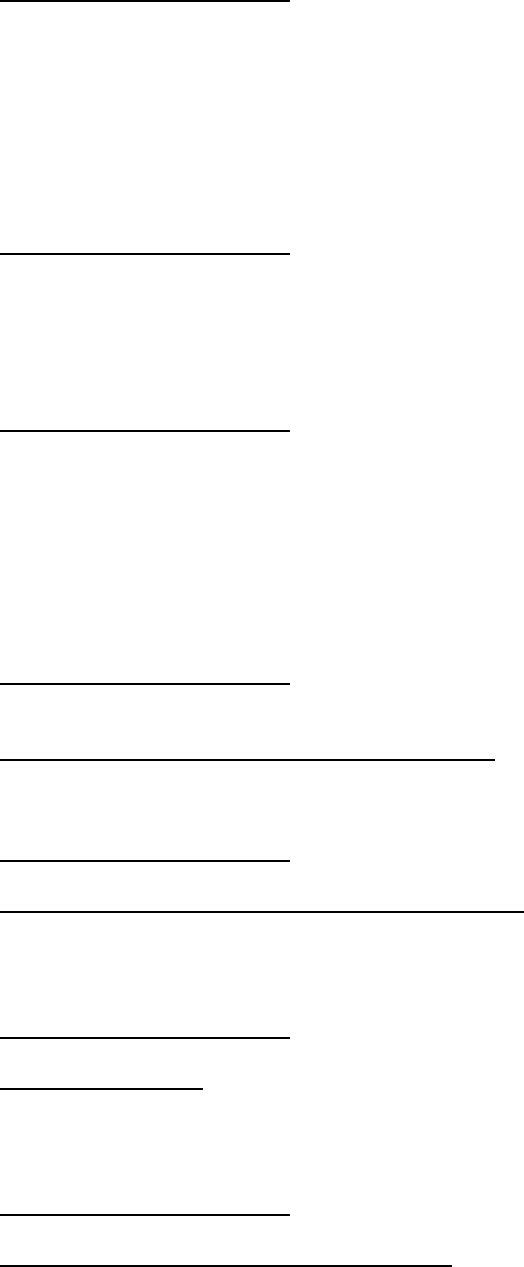
191
Compliance Recommendation: None.
3. Financial Planning
Annually, the college prepares a three-year financial forecast that includes consideration of the
college mission and strategic plan. The forecast includes historical information that is used to make
projections regarding future funding levels and expenditures. Input is received from department
and division managers on items that may have a significant budget impact in future years. This
financial planning document assists the college with developing annual operating and capital
budgets. The forecast is reviewed by board members and college administrators.
Compliance Recommendation: None.
4. Facilities
Part A: Approval of Construction Projects.
P.A 99-0655 eliminates the requirement for prior ICCB approval of locally funded construction
and remodeling projects.
Compliance Recommendation: None.
Part B: Protection, Health, or Safety Projects.
P.A 99-0655 eliminates the requirement for prior ICCB approval of locally funded Protection,
Health and Safety (PHS) projects. ICCB Rule 1501.608j “…prior approval of the ICCB…” is being
eliminated through the JCAR rules process. In order for Illinois Valley Community College to
remain in compliance with 110 ILCS 805/3-20.3.01, the college must continue to maintain
accountability of the PHS funds and the nature of work done at the local level (fund 3 restricted
fund accounting of those levy dollars).
Compliance Recommendation: None.
Part C: Facilities Data Submissions.
Facility Data Records (ICCB F3, F6, B3, R3 records)
Based on ICCB staff review of the facilities data submissions, the fiscal years 2014 through 2018
submissions were generally made in a timely and accurate manner.
Compliance Recommendation: None.
Square footage of planned construction and owned land
The fiscal years 2014 through 2018 submissions were reviewed. For the period reviewed, the
college reported their Square Footage of Planned Construction and Owned Land reports in a timely
and accurate manner.
Compliance Recommendation: None.
Project status reports
The fiscal years 2014 to 2018 submissions were reviewed. This report is submitted each year to
show the relative progress toward completion on each ICCB approved project. The reports were
submitted in a timely and accurate manner.
Compliance Recommendation: None.
Resource Allocation Management Plan (RAMP)
The submissions due in fiscal years 2014 through 2018 were reviewed. For the period examined,
the college has submitted their state funded RAMP submissions in a timely and accurate manner.
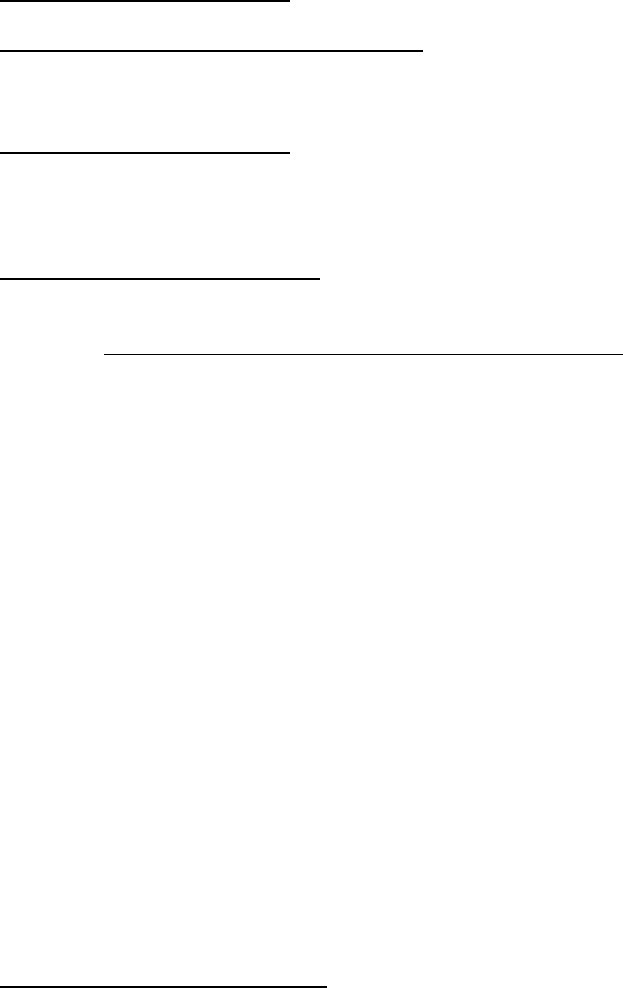
192
Compliance Recommendation: None.
Course Resource Data (ICCB S6/S7 Reports)
The fiscal years 2014 through 2018 submissions were reviewed. All years reviewed were submitted
on the due dates.
Compliance Recommendation: None.
4. INSTITUTIONAL RESEARCH/REPORTING
General Reporting Requirements The latest five years of ICCB data submissions by Illinois
Valley Community College were reviewed—generally this includes fiscal years 2015-2019 unless
otherwise stated. Submissions were evaluated on consistency, accuracy, completeness, and
timeliness. Timeliness is based on the date of the final submission, not the date the original
submission is received. A detailed analysis of individual data submissions is in Appendix A.
ICCB data timeliness and accuracy are vitally important as these submissions are used extensively
by ICCB staff to fulfill external reporting requirements on behalf of the colleges. As a value-added
service to the colleges, ICCB staff reconfigure and combine information collected through routine
ICCB submissions into a format that meets the needs of external entities. This approach minimizes
duplicate reporting and serves to further strengthen data submission quality and
comprehensiveness. For example, ICCB uses information from college submissions to provide
multiple federal Integrated Postsecondary Education Data System (IPEDS) reports. It is particularly
important to meet federal IPEDS collection deadlines because federal officials have the authority
to fine colleges for failure to furnish timely data. There are twelve IPEDS surveys across the Fall,
Winter, and Spring collections, and the potential fine in 2019 is up to $57,317 for each violation.
The fine changes annually based on an inflation index. ICCB data also are used in federal Perkins
Postsecondary and Adult Education and Literacy (WIOA Title II) performance reporting. Failure
to meet these federal reporting deadlines could delay the availability of funds and would remove
the state from eligibility for incentive dollars.
Illinois Valley Community College officials have been successful in meeting federal submission
timelines over the past five fiscal years. Over the last five years, Illinois Valley Community College
officials have met ICCB deadlines for most submissions. Overall, Illinois Valley Community
College’s final data submissions have been accurate and complete. An Appendix Table contains
additional details on actual submission dates.
Part A. Student Data Reporting. The Annual Enrollment and Completion Data (A1)
submission is the most complex and lengthy of the state data submissions. Accuracy of final
submissions has been good over the timeframe of the study. Final A1 submissions did not contain
any critical errors in five of the five years reviewed. Illinois Valley Community College’s A1
submission met the reporting deadline in one of the past five fiscal years; the fiscal year 2019
submission was finalized 12 days late, the fiscal year 2017 submission was 11 days late, the fiscal
year 2016 submission was four days late, and the fiscal year 2015 submission was finalized nearly
two months past the reporting deadline. The submissions took between three and nine submissions
to finalize. Coverage of Degree Objective was excellent over the timeframe of the study with no
unknown records for this variable in five of the five years reviewed. Coverage of Entry Intent and
Current Intent has been excellent with less than three percent of unknown records for Entry Intent
and less than two percent of unknown records for Current Intent across the five years studied. The
proportion of records with unknown Highest Degree Previously Earned ranged from five percent
to seven percent across the five years studied. The proportion of records with unknown High School
Rank was nearly 60 percent across the two years reviewed. The variable was made optional in fiscal
year 2017. Consistency between the Annual Enrollment and Completion submission and the
193
Annual Student Identification (ID) submission was excellent during each of the past five fiscal
years. There were no headcount discrepancies. Annual Student Identification (ID) data were
finalized prior to the reporting deadline in four of five fiscal years reviewed; the FY 2015
submission was finalized nearly two months late.
The Annual Completions (A2) data submission began in fiscal year 2013. Illinois Valley
Community College met the reporting deadline in three of the five years reviewed; the fiscal year
2016 and the fiscal year 2015 submissions were finalized three weeks late. The number of
submissions needed to finalize the data ranged from two to six, and there were no critical errors in
the final submissions in the years reviewed. The proportion of records with unknown
Race/Ethnicity ranged between less than two percent and ten percent across the years reviewed.
There were more completions on the A2 than on the A1 submission. The A2 submission collects
the same completions as the A1 submission, which is limited to three completions, but the A2
allows for more than three completions to be reported.
The Annual Students with Disabilities (SD) data submission began in fiscal year 2009 and was
eliminated in fiscal year 2017, when the SD data was moved to the A1. Illinois Valley Community
College met the reporting deadline in one of the two years reviewed. The number of submissions
needed to finalize the data ranged from one to two, and there were no critical errors in the final
submissions.
The Annual Course (AC) data submission began in fiscal year 2011. Illinois Valley Community
College met the reporting deadline in five of the five years reviewed. The number of submissions
needed to finalize the data ranged from one to five, and final AC submissions did not contain any
critical errors in four of the five years reviewed; the fiscal year 2017 submission contained one
critical error. This data was verified by college officials as valid and accurate. The Annual Course
(AC) data submission helps to address the requirements of the Dual Credit Quality Act (Public Act
096-0194) and supports the production of some measures contained in Complete College America
(CCA) by collecting information on dual credit and remedial and gatekeeper Math and English
courses.
The Fall Enrollment (E1) data submission’s timeliness met the reporting deadline in four of the
past five years; the fiscal year 2015 submission was finalized five and a half months past the
reporting deadline. The number of submissions needed to finalize the data ranged from two to
seven, and there were no critical errors in the final submissions. Illinois Valley Community College
met the reporting deadline for the Fall Enrollment Survey in three of the five years reviewed; the
fiscal year 2017 submission was finalized four days late and the fiscal year 2015 submission was
finalized 23 days past the reporting deadline. There were no headcount discrepancies between the
Fall Enrollment Survey and the E1 submission in five of the five years reviewed.
Noncredit Course Enrollment (N1) data collection began in fiscal year 2000. Illinois Valley
Community College data submissions met the reporting deadline in each of the last five fiscal years.
The final submissions had no critical errors in each of the five years reviewed. Coverage of Age
was excellent in the five years reviewed with only one percent of records having unknown age each
year. The proportion of records with unknown Race/Ethnicity ranged between 11 percent and 14
percent across the five years reviewed. The Highest Degree Previously Earned variable was
unknown for about 45 percent of the records in the two years reviewed. The variable was made
optional in fiscal year 2017.
IPEDS Summer Graduate Reporting data collection began in fiscal year 2000. The final
submission met the reporting deadline in three of the past five fiscal years; the fiscal years 2018
and 2015 submissions were finalized 12 and 11 days late, respectively. Summer Graduate
Reporting for the IPEDS Graduation Rate Survey (GRS) provides colleges with an opportunity
to raise their graduation rates by including those students who complete programs one summer
beyond the end of the fiscal year in rate calculations.
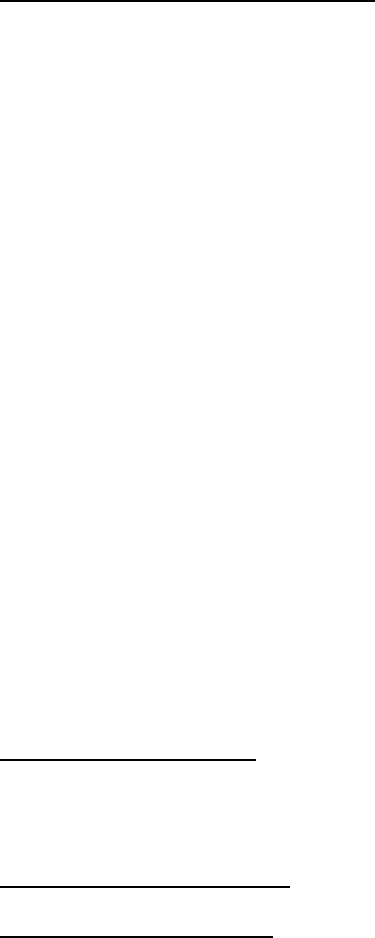
194
The Spring Semester Enrollment Survey was submitted on time in five of the past five fiscal
years. The title of the survey was Winter Quarter/Spring Semester Term Enrollment Survey prior
to fiscal year 2018.
The final Career and Technical Education Follow-up Study (FS) submission met the reporting
deadline in one of the three years reviewed; the submission was eliminated in fiscal year 2017.
Final FS submissions did not contain any critical errors in three of the three years reviewed. The
response rate met the ICCB minimum standard in one of the three submissions reviewed: 2016 (50
percent).
Part B. Faculty/Staff Data Submissions. The Faculty, Staff, and Salary (C1) electronic data
submission met the reporting deadline in three of the past five fiscal years; the fiscal years 2016
and 2015 submissions were finalized two months and eight months late, respectively. The number
of submissions required to finalize these data ranged from two to nine. The Faculty, Staff, and
Salary (C2) electronic data submission met the reporting deadline in neither of the two years
reviewed. The C2 submission was eliminated in fiscal year 2017 and some of the information
previously captured on the C2 has been moved to the Faculty, Staff, and Salary Supplementary
Information. Data items in these submissions are very important in generating the annual “Salary
Report for Illinois Community Colleges” and related Illinois Board of Higher Education and federal
(IPEDS) reports.
The Faculty, Staff, and Salary Supplementary Information survey data submissions were
finalized prior to the reporting deadline in three of the past five fiscal years; the fiscal years 2016
and 2015 submissions were finalized 13 days and more than two months late, respectively.
The Annual Faculty, Staff, and Salary (C3) data submission began in fiscal year 2010. Illinois
Valley Community College met the submission deadline in one of the past five years reviewed; the
fiscal year 2017 submission was finalized four days late, the fiscal year 2016 submission was 13
days late, the fiscal year 2015 submission was two weeks late, and the fiscal year 2014 submission
was finalized one month past the reporting deadline. The number of submissions needed to finalize
the data ranged from two to six. The Annual Faculty, Staff, and Salary (C3) submission provides
ICCB with data for compliance with Public Act 096-0266 which impacts 110 ILCS 805/3-29.4.
The African American Employment Plan Survey, Bilingual Needs, and Bilingual Pay Survey,
and Hispanic Employment Plan Survey submissions began in fiscal year 2011 and the Asian
American Employment Plan Survey submission began in fiscal year 2013. Illinois Valley
Community College met the reporting deadline in each of the five years reviewed for all four
surveys. The Employment Plan surveys provide ICCB with data for compliance with Public Acts
096-1341, 096-1286, and 097-0856.
Part C. Other Submissions. The Underrepresented Groups Report was submitted on time in
each of the past five fiscal years. This report is becoming more important as national and state
attention is being increasingly focused on improving the depth and breadth of services provided to
members of underrepresented groups.
Compliance Recommendation: None.
Advisory Recommendations: Most data submissions have been timely, accurate, and complete.
The ICCB is appreciative of this and looks forward to continued timely, accurate, and complete
data submissions from Illinois Valley Community College. Focused efforts are recommended to
improve the timeliness of the Annual Enrollment and Completion Data (A1) and the Annual
Faculty, Staff & Salary Data (C3).
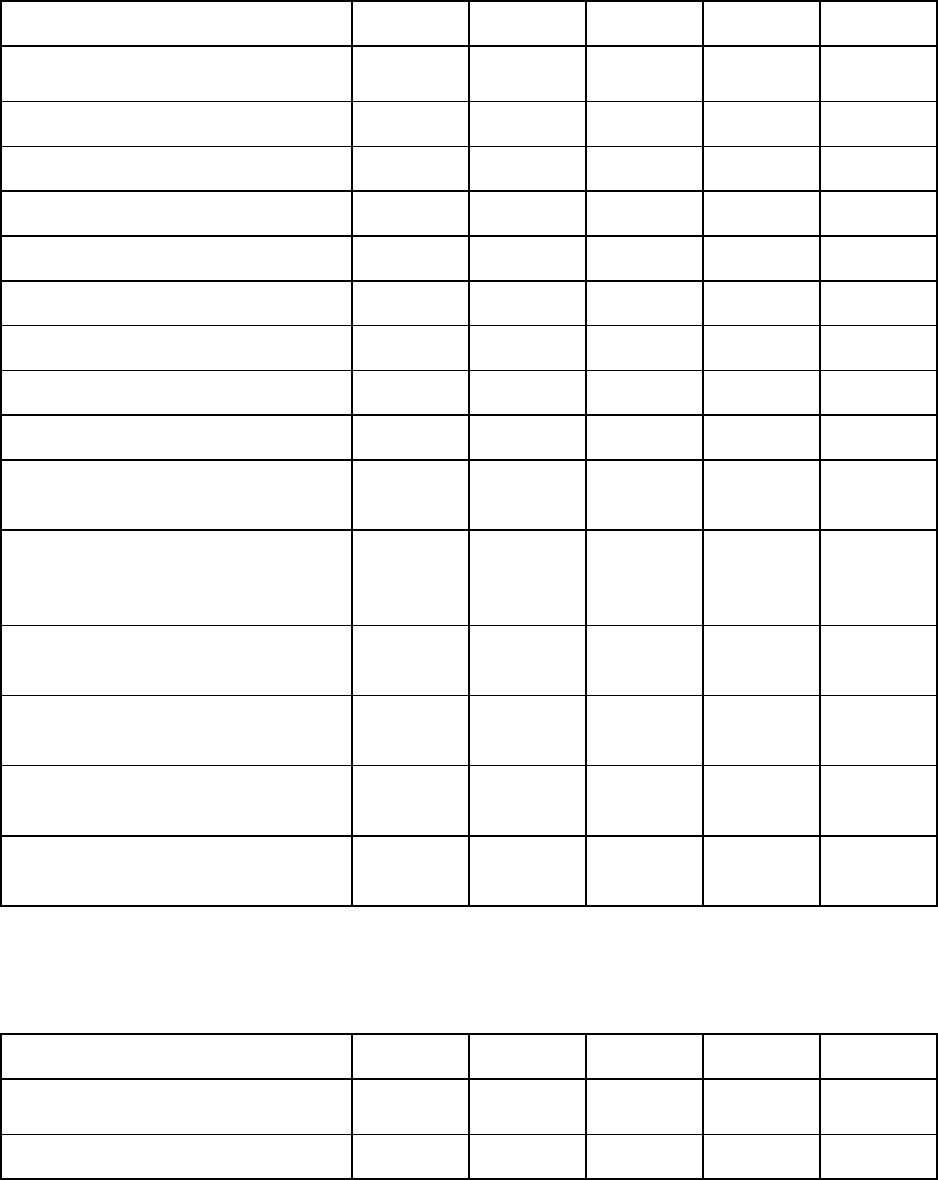
195
College Response: The College will continue to complete data submission that are timely, accurate,
and complete. Focused efforts to improve timeliness of the noted reports will be implemented.
Illinois Valley Community College - Recognition Policy Studies Report Due Dates
(Attachment A)
Noncredit Course Enrollment Data (N1)
Fiscal Year Collected 2019 2018 2017 2016 2015
Fiscal Year of Data 2018 2017 2016 2015 2014
Final Submission – (07/15)* 07/09/18 07/13/17 07/13/16 07/15/15 07/14/14
# Submissions to Final 2 2 4 2 4
Timeliness on time on time on time on time on time
Duplicated Head Count 4816 4655 3939 4202 4651
Unduplicated Head Count 3360 3173 2868 2960 3334
# Error Codes in Final Submission 2 2 2 2 1
# Critical Errors in Final Submission 0 0 0 0 0
% Records with Errors in Final Sub. 0.62% 0.84% 0.81% 1.00% 1.41%
% Unknown Age in Final
Submission no value or .
0.52% 0.69% 0.63% 0.90% 1.42%
% Unknown Age in Final
Submission
unknown
0.00% 0.00% 0.00% 0.00% 0.00%
% Unknown Ethnicity in Final
no value or .
0.00% 0.00% 0.00% 0.00% 0.00%
% Unknown Ethnicity in Final
unknown
11.27% 13.98% 11.17% 13.02% 11.78%
% Unknown Highest Degree in Final
no value or .**
N/C** N/C** N/C** 0.00% 0.00%
% Unknown Highest Degree in Final
unknown**
N/C** N/C** N/C** 46.22% 43.78%
*Due 07/16 in FY 19; 07/17 in FY 18
**Highest Degree Previously Earned became optional in FY 17
Annual Enrollment & Completion Data (A1)
Fiscal Year Collected 2019 2018 2017 2016 2015
Fiscal Year of Data 2018 2017 2016 2015 2014
Final Submission – (08/01)* 08/13/18 08/01/17 09/12/16 08/07/15 09/23/14
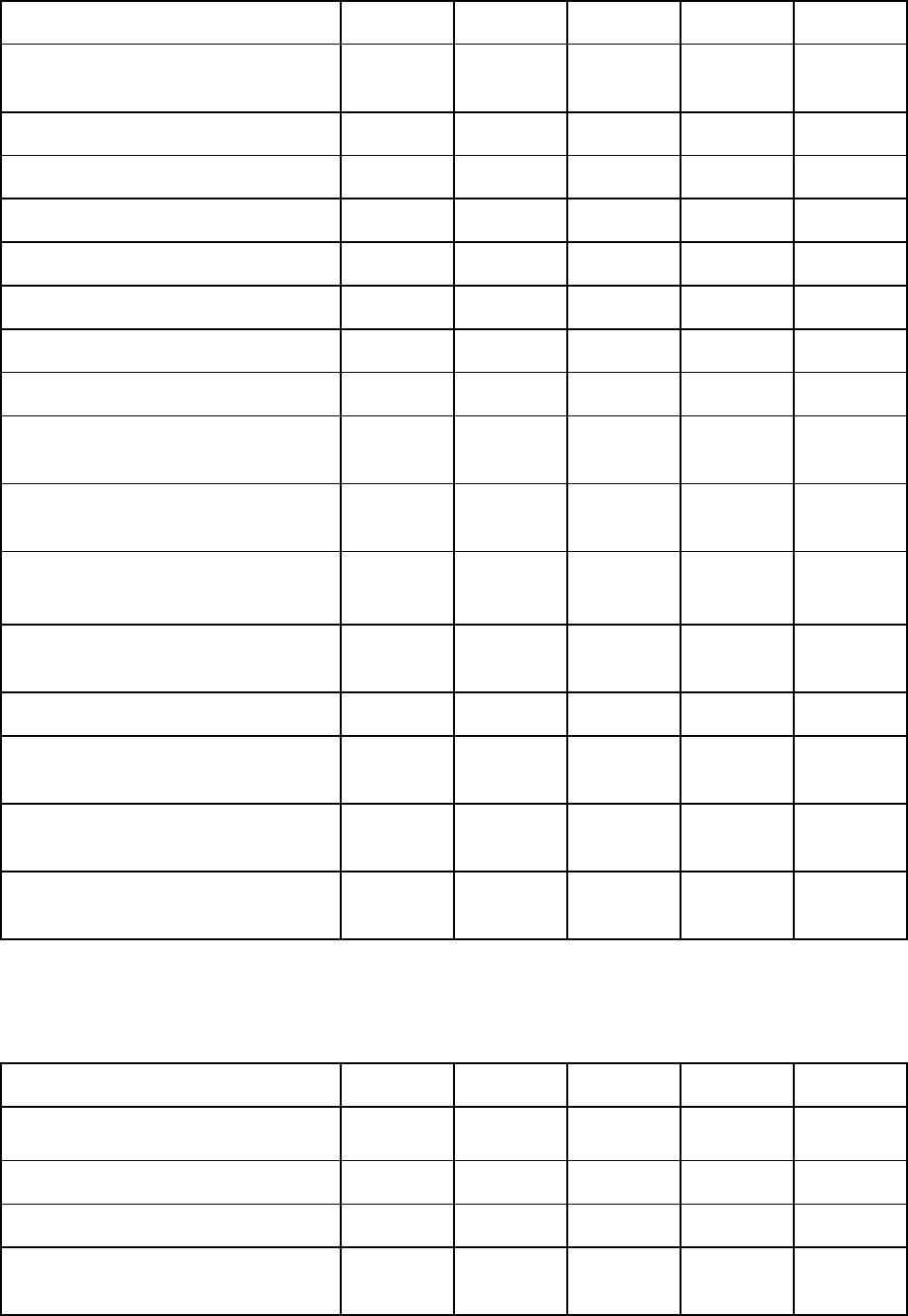
196
# Submissions to Final 5 3 9 4 6
Timeliness
12 days
late
on time
11 days
late
4 days
late
53 days
late
Head Count (total incl. 0 hrs enroll.) 4931 5164 5568 5809 6401
Discrepancy between A1 & ID 0 0 0 0 0
# Error Codes in Final Submission 3 2 0 2 2
# Critical Errors in Final Submission 0 0 0 0 0
% Records with Errors in Final Sub. 0.18% 0.05% 0.00% 0.05% 0.04%
% 0 Cumulative GPA in Final Sub. 12.74% 11.66% 13.95% 14.00% 13.98%
% 0 Cumulative Hours in Final Sub. 12.45% 11.39% 13.25% 13.50% 12.39%
% Unknown Entry Intent in Final
no value or .
0.00% 0.00% 0.00% 0.00% 0.00%
% Unknown Entry Intent in Final
unknown
1.95% 1.74% 1.19% 1.43% 2.09%
% Unknown Current Intent in Final
no value or .
0.00% 0.00% 0.00% 0.00% 0.00%
% Unknown Current Intent in Final
unknown
1.32% 1.78% 0.63% 0.88% 1.52%
% Unknown Degree Obj. in Final 0.00% 0.00% 0.00% 0.00% 0.00%
% Unknown Highest Degree in Final
no value or .
0.00% 0.00% 0.00% 0.00% 0.00%
% Unknown Highest Degree in Final
unknown
5.11% 5.19% 5.10% 5.94% 7.08%
% Unknown HS Rank in Final
Sub.**
N/C** N/C** N/C** 57.14% 58.40%
*Adjusted to 09/01 due to ICCB internal technology update in FY 17; Due 08/03 in FY 16
**High School Percentile Rank became optional in FY 17
Annual Completions Data (A2)
Fiscal Year Collected 2019 2018 2017 2016 2015
Fiscal Year of Data 2018 2017 2016 2015 2014
Final Submission – (09/01)* 08/14/18 08/22/17 09/08/16 09/23/15 09/23/14
# Submissions to Final 6 2 3 3 4
Timeliness on time on time on time
22 days
late
21 days
late
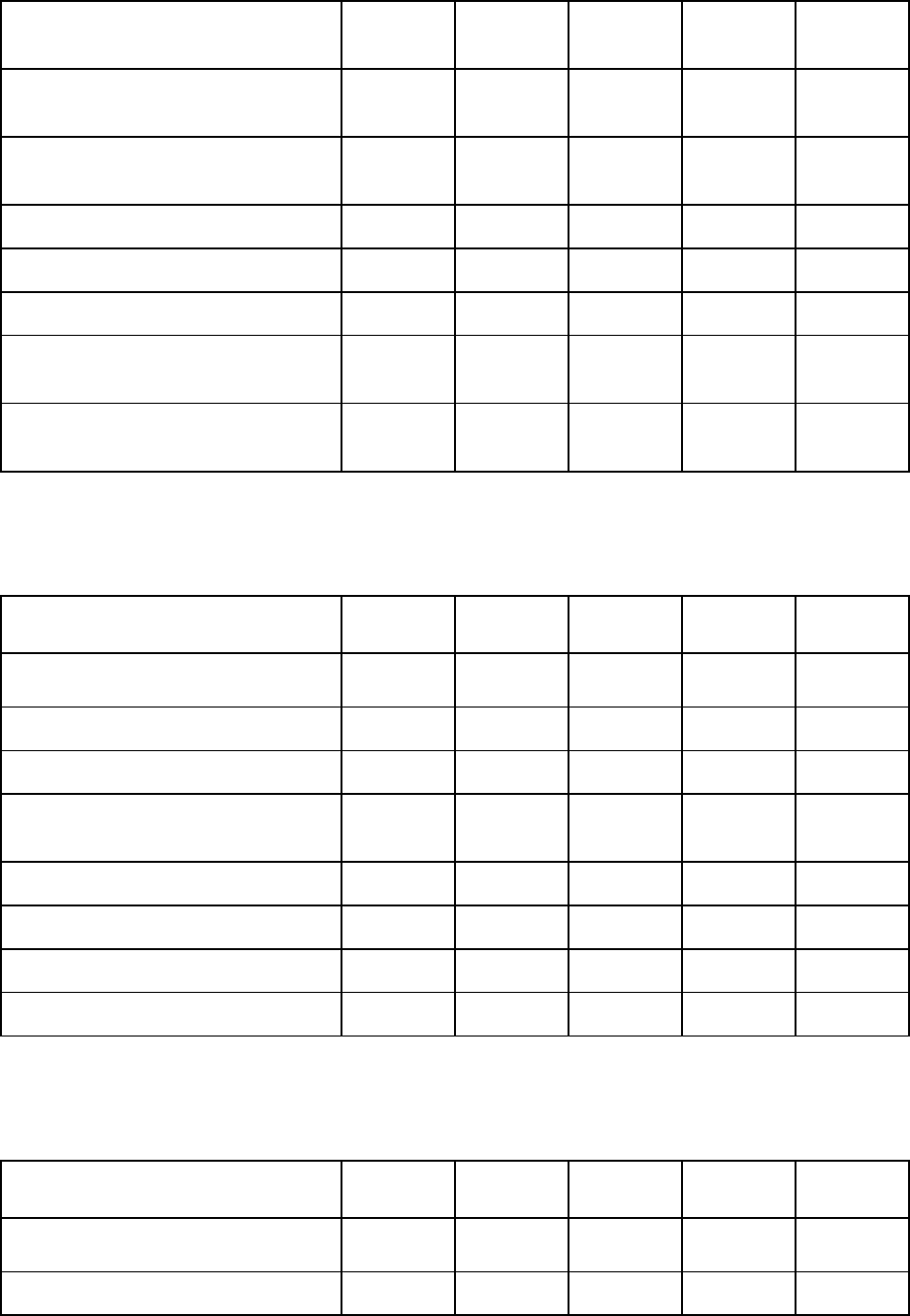
197
Record Count (duplicate
completions)
968 1042 1010 1227 1381
Total Number of Completions
from A1
943 991 992 1198 1337
More Completions on A2 than on
A1 or Equal Number
Yes Yes Yes Yes Yes
# Error Codes in Final Submission 0 0 0 1 0
# Critical Errors in Final Submission 0 0 0 0 0
% Records with Errors in Final Sub. 0.00% 0.00% 0.00% 0.08% 0.00%
% Unknown Ethnicity in Final
no value or .
0.00% 0.00% 0.00% 0.00% 0.00%
% Unknown Ethnicity in Final
unknown
1.24% 6.72% 9.80% 4.40% 2.53%
* Due 09/04 in FY 19; Adjusted to 09/15 due to ICCB internal technology update in FY 17; Due
09/02 in FY 15
Annual Student ID Submission (ID)
Fiscal Year Collected 2019 2018 2017 2016 2015
Fiscal Year of Data 2018 2017 2016 2015 2014
Final Submission (09/01)* 08/10/18 08/29/17 08/29/16 09/01/15 10/31/14
# Submissions to Final 2 1 1 1 1
Timeliness – Data Due on time on time on time on time
59 days
late
Head Count in Final Submission 4931 5164 5568 5809 6401
Discrepancy between A1 & ID 0 0 0 0 0
# Error Codes in Final Submission 1 1 0 0 1
# Critical Errors in Final Submission 0 0 0 0 0
* Due 09/04 in FY 19; Adjusted to 09/15 due to ICCB internal technology update in FY 17; Due
09/02 in FY 15
Annual Students with Disabilities Submission (SD)
Fiscal Year Collected 2019 2018 2017 2016 2015
Fiscal Year of Data 2018 2017 2016 2015 2014
Final Submission (09/01)** N/C* N/C* N/C* 08/25/15 10/20/14
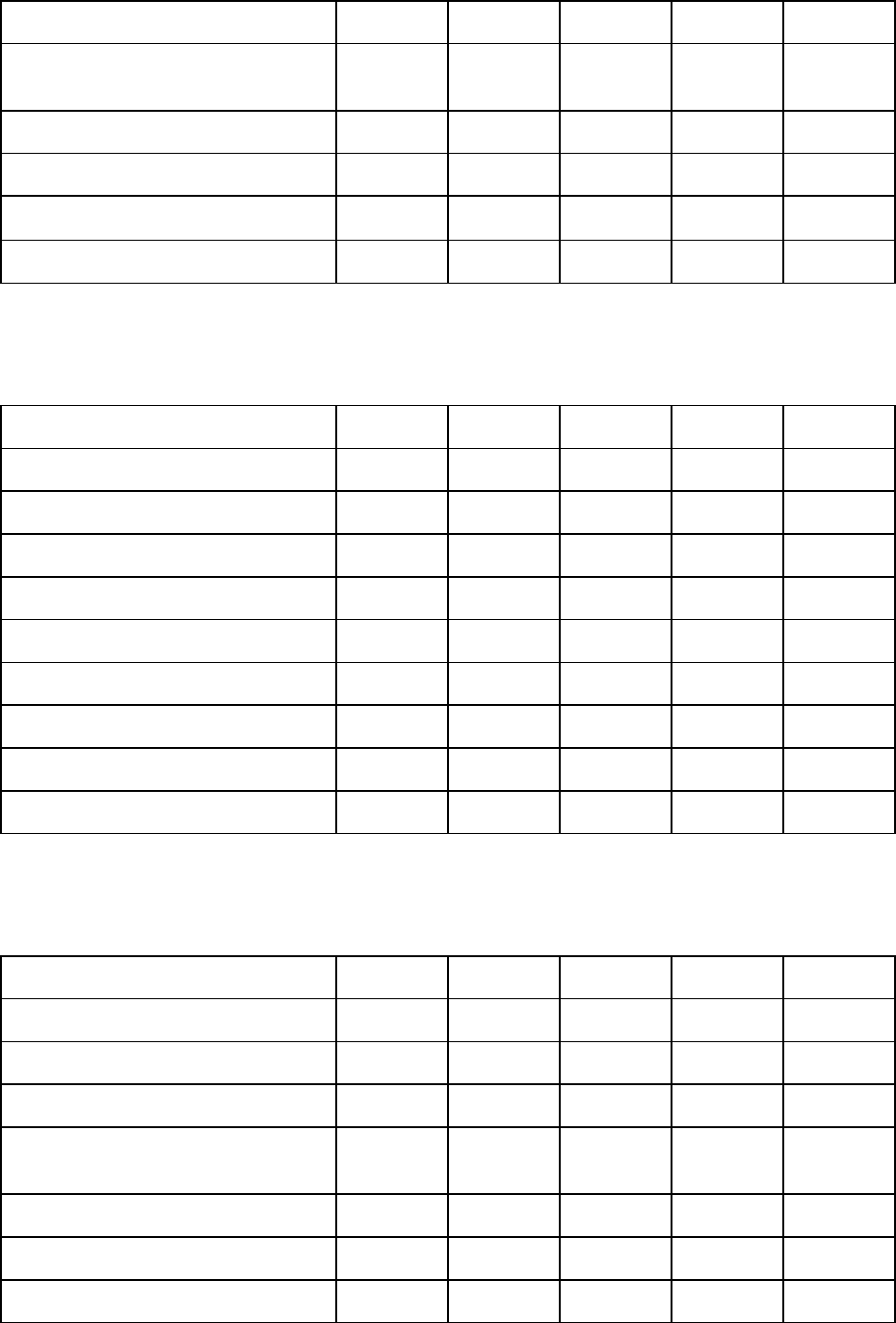
198
# Submissions to Final N/C* N/C* N/C* 1 2
Timeliness – Data Due N/C* N/C* N/C* on time
48 days
late
Head Count in Final Submission N/C* N/C* N/C* 261 243
# Error Codes in Final Submission N/C* N/C* N/C* 0 0
# Critical Errors in Final Submission N/C* N/C* N/C* 0 0
% Records with Errors in Final Sub. N/C* N/C* N/C* 0.00% 0.00%
*The SD submission was eliminated in FY 17
**Due 09/02 in FY 15
Annual Course Data (AC)
Fiscal Year Collected 2019 2018 2017 2016 2015
Fiscal Year of Data 2018 2017 2016 2015 2014
Final Submission – (09/01)* 08/08/18 08/24/17 08/29/16 08/18/15 11/14/14
# Submissions to Final 2 1 1 5 2
Timeliness on time on time on time on time on time
# Error Codes in Final Submission 1 1 1 1 1
# Critical Errors in Final Submission 0 0 1 0 0
% Records with Errors in Final Sub. 0.01% 0.00% 0.12% 0.01% 0.01%
% Dual Credit in Final 8.86% 7.74% 5.92% 5.99% 5.61%
% Remedial (PCS 14) in Final 4.25% 5.48% 5.47% 6.06% 7.40%
* Due 09/04 in FY 19; Adjusted to 09/22 due to ICCB internal technology update in FY 17; Due
11/17 in FY 15
Fall Term Enrollment Data (E1)
Fiscal Year Collected 2019 2018 2017 2016 2015
Fiscal Year of Data 2019 2018 2017 2016 2015
Final Submission – (10/01)* 09/25/18 09/29/17 10/11/16 10/01/15 03/17/15
# Submissions to Final 4 2 4 3 7
Timeliness on time on time on time on time
167 days
late
Head Count in Final Submission 2958 3241 3206 3310 3525
Discrepancy between E1 & Survey 0 0 0 0 0
# Error Codes in Final Submission 1 2 3 1 2
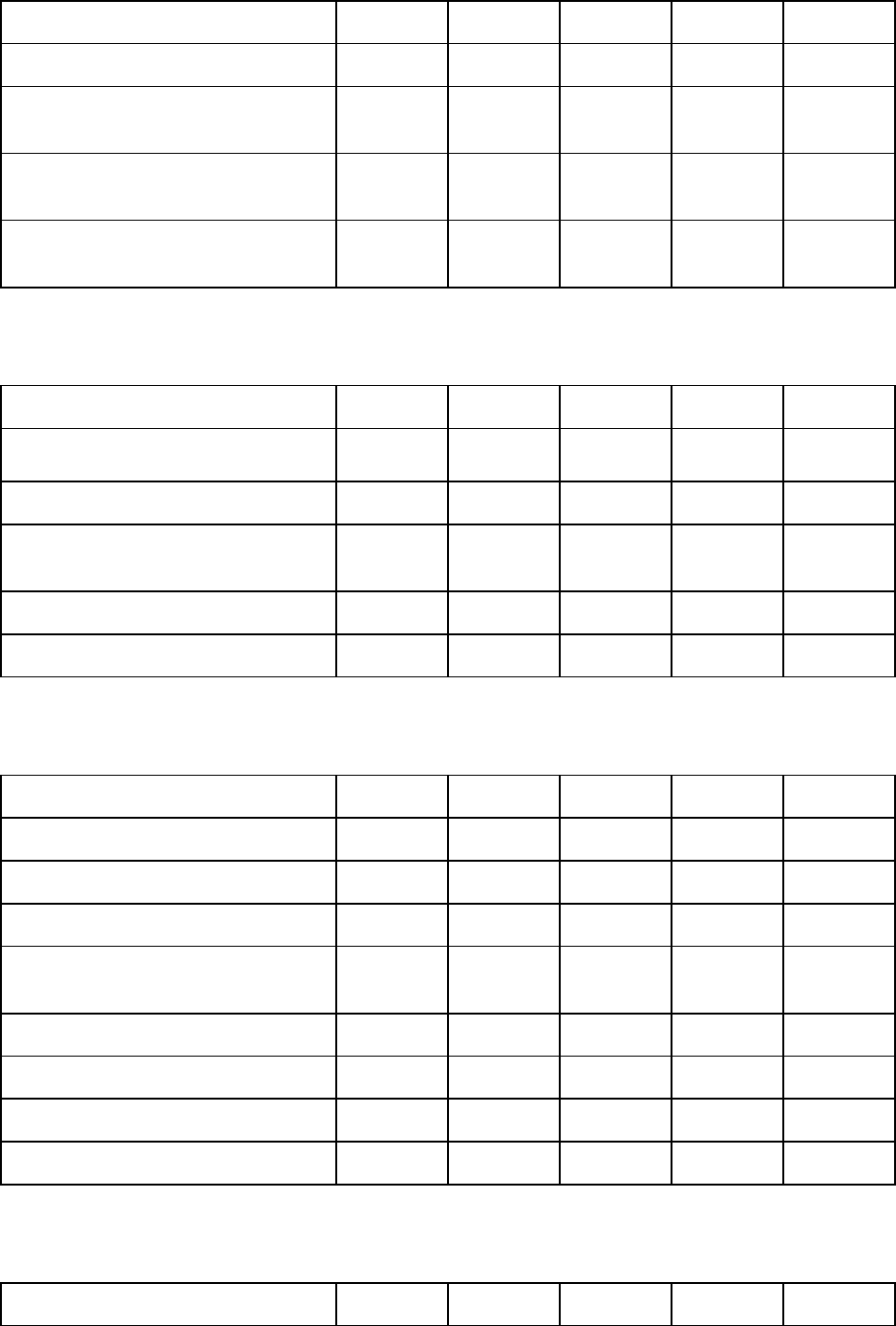
199
# Critical Errors in Final Submission 0 0 0 0 0
% Records with Errors in Final Sub. 0.06% 0.12% 0.40% 0.33% 0.14%
Current Intent Coverage in Final Sub
% coded as unknown
0.51% 0.15% 8.98% 9.73% 8.11%
Degree Obj. Coverage in Final
% coded with no code
0.00% 0.00% 0.00% 0.00% 0.00%
Scholarship Coverage in Final Sub.
% with no scholarship
98.48% 98.52% 98.60% 98.49% 99.40%
* Due 10/02 in FY 18; Adjusted to 10/17 due to ICCB internal technology update in FY 17
Fall Term Enrollment (Web) Survey
Fiscal Year Collected 2019 2018 2017 2016 2015
Fiscal Year of Data 2019 2018 2017 2016 2015
Final Submission – (10/01)* 09/17/18 09/18/17 10/07/16 10/01/15 10/24/14
Timeliness on time on time
4 days
late
on time
23 days
late
Head Count 2958 3241 3206 3310 3525
Discrepancy between E1 & Survey 0 0 0 0 0
*Due 10/02 in FY 18; 10/03 in FY 17
Faculty Staff & Salary Data (C1)
Fiscal Year Collected 2019 2018 2017 2016 2015
Fiscal Year of Data 2019 2018 2017 2016 2015
Final Submission – (10/15)* 10/15/18 10/13/17 10/21/16 12/16/15 06/09/15
# Submissions to Final 2 3 9 4 5
Timeliness on time on time on time
62 days
late
237 days
late
# Error Codes in Final Submission 3 2 2 3 3
# Critical Errors in Final Submission 2 2 2 2 2
% Records with Errors in Final Sub. 3.26% 2.95% 6.75% 6.86% 6.71%
% Unknown Employment Class (8) 3.00% 2.96% 2.97% 0.00% 1.03%
*Due 10/16 in FY 18; Adjusted to 10/26 due to ICCB technology update in FY 17
Faculty Staff & Salary Data (C2)
Fiscal Year Collected 2019 2018 2017 2016 2015
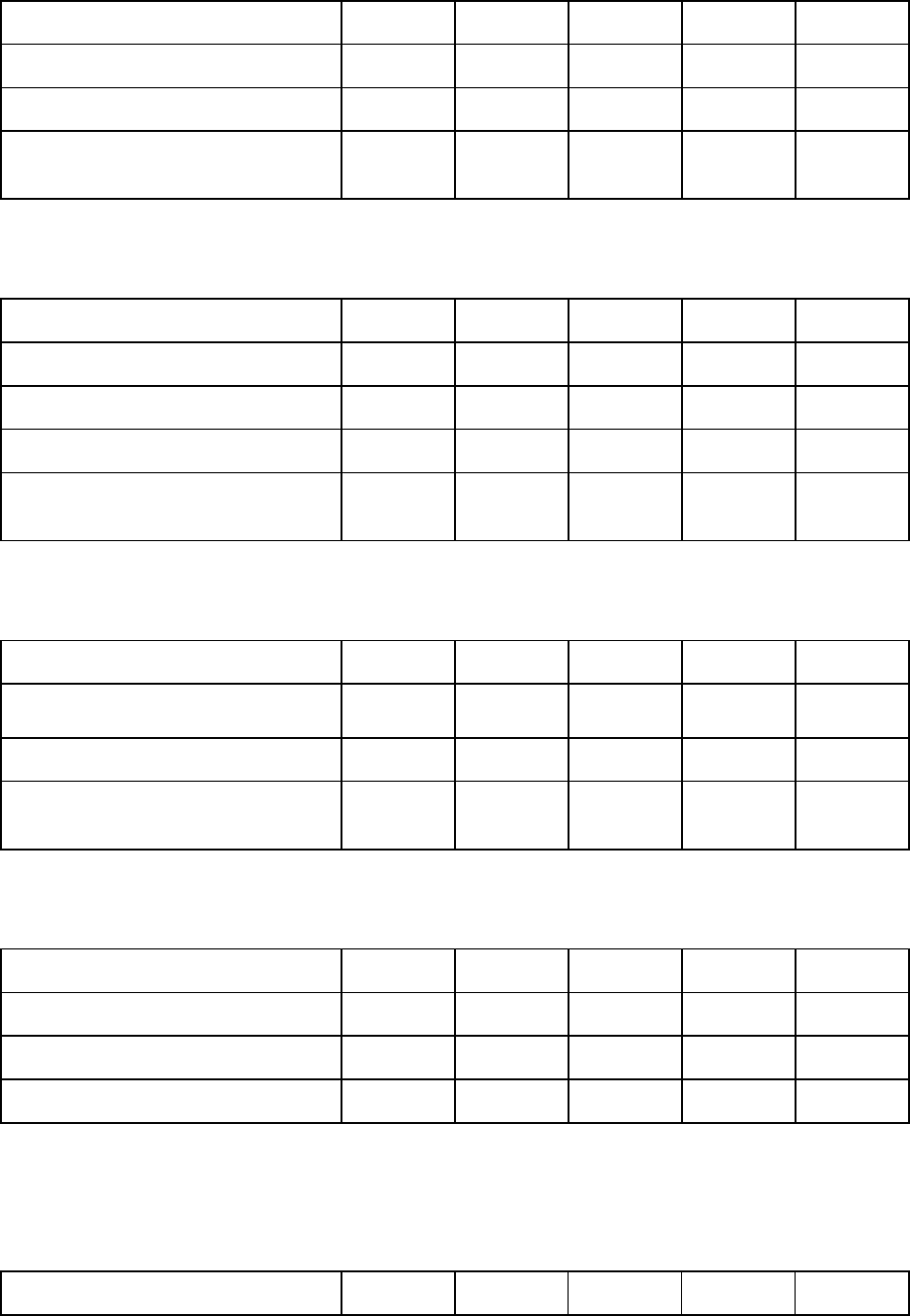
200
Fiscal Year of Data 2019 2018 2017 2016 2015
Final Submission – (10/15) N/C* N/C* N/C* 12/07/15 03/09/15
# Submissions to Final N/C* N/C* N/C* 8 3
Timeliness N/C* N/C* N/C*
53 days
late
145 days
late
* The C2 submission was eliminated in FY 17
Faculty Staff & Salary Supplementary Information
Fiscal Year Collected 2019 2018 2017 2016 2015
Fiscal Year of Data 2019 2018 2017 2016 2015
Final Submission – (10/15)* 10/12/18 10/23/17 10/17/16 10/28/15 12/22/14
# Submissions to Final 1 1 1 1 1
Timeliness on time on time on time
13 days
late
68 days
late
*Adjusted to 10/24 in FY 18 due to ICCB survey update and to 11/08 in FY 17 due to internal
technology update
Summer Graduate Reporting for IPEDS GRS
Fiscal Year Collected 2019 2018 2017 2016 2015
Fiscal Year of Data 2019 2018 2017 2016 2015
Final Submission (11/01)* 09/17/18 11/13/17 10/18/16 10/20/15 11/14/14
Timeliness on time
12 days
late
on time on time
11 days
late
*Due 11/02 in FY 16; 11/03 in FY 15
Spring Semester Enrollment Survey*
Fiscal Year Collected 2019 2018 2017 2016 2015
Fiscal Year of Data 2019 2018 2017 2016 2015
Final Submission (02/15)* 01/28/19 02/06/18 02/01/17 02/10/16 02/10/15
Timeliness on time on time on time on time on time
*The title of the survey was Winter Quarter/Spring Semester Term Enrollment Survey prior to FY
18
**Due 02/09 in FY 18; 02/17 in FY 15
African American Employment Plan Survey
Fiscal Year Collected 2019 2018 2017 2016 2015
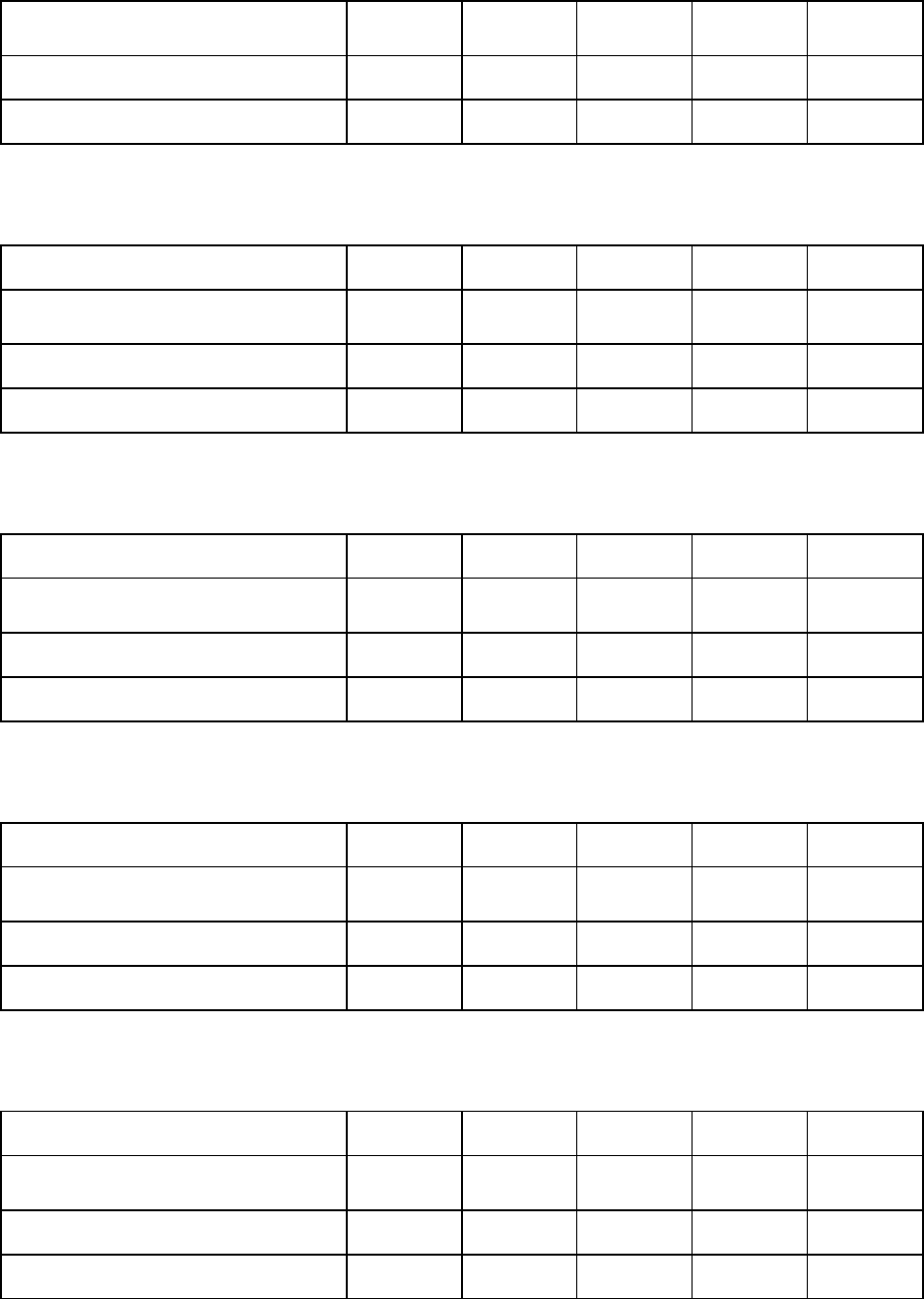
201
Fiscal Year of Data 2018 2017 2016 2015 2014
Final Submission Varies See Note* 01/21/19 01/25/18 02/22/17 01/28/16 01/28/15
Timeliness on time on time on time on time on time
*Due 02/08 in FY 19; 02/02 in FY 18; 03/08 in FY 17; 02/05 in FY 16; 02/02 in FY 15
Asian American Employment Plan Survey
Fiscal Year Collected 2019 2018 2017 2016 2015
Fiscal Year of Data 2018 2017 2016 2015 2014
Final Submission Varies See Note* 01/21/19 01/25/18 02/22/17 01/28/16 01/28/15
Timeliness on time on time on time on time on time
*Due 02/08 in FY 19; 02/02 in FY 18; 03/08 in FY 17; 02/05 in FY 16; 02/02 in FY 15
Bilingual Needs and Bilingual Pay Survey
Fiscal Year Collected 2019 2018 2017 2016 2015
Fiscal Year of Data 2018 2017 2016 2015 2014
Final Submission Varies See Note* 01/14/19 01/29/18 03/08/17 01/29/16 01/28/15
Timeliness on time on time on time on time on time
*Due 02/08 in FY 19; 02/02 in FY 18; 03/08 in FY 17; 02/05 in FY 16; 02/02 in FY 15
Hispanic Employment Plan Survey
Fiscal Year Collected 2019 2018 2017 2016 2015
Fiscal Year of Data 2018 2017 2016 2015 2014
Final Submission Varies See Note* 01/21/19 01/25/18 02/23/17 01/28/16 01/28/15
Timeliness on time on time on time on time on time
*Due 02/08 in FY 19; 02/02 in FY 18; 03/08 in FY 17; 02/05 in FY 16; 02/02 in FY 15
Underrepresented Groups Report
Fiscal Year Collected 2019 2018 2017 2016 2015
Fiscal Year of Data 2018 2017 2016 2015 2014
Final Submission Varies See Note* 01/28/19 02/16/18 02/06/17 03/03/16 01/28/15
Timeliness on time on time on time on time on time
*Due 02/01 in FY 19; 02/16 in FY 18; 02/08 in FY 17; 03/11 in FY 16; 02/02 in FY 15
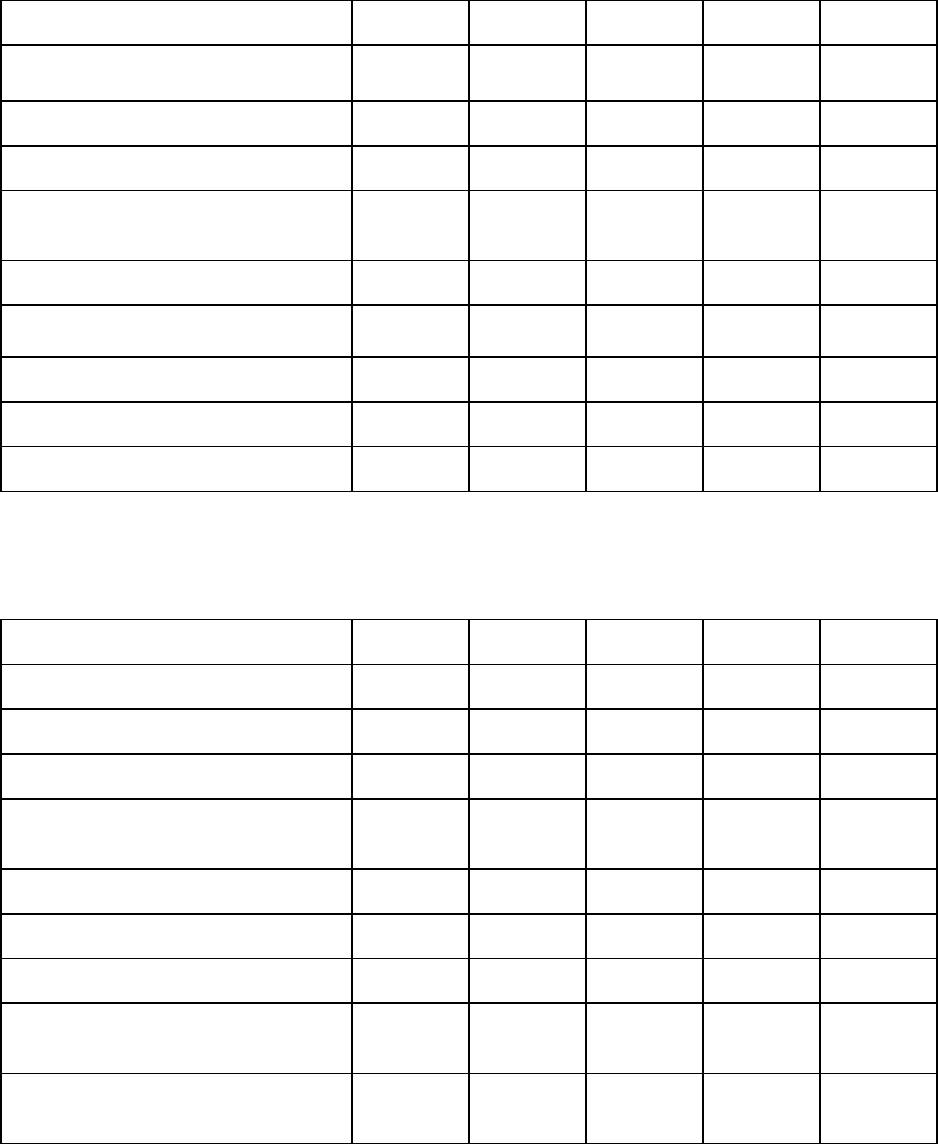
202
Occupational Follow-up Study Data (FS)
Fiscal Year Collected 2018 2017 2016 2015 2014
Fiscal Year of Data 2017 2016 2015 2014 2013
Final Submission – (5/30)** N/C* N/C* 05/18/16 06/17/15 08/27/14
# Submissions to Final N/C* N/C* 1 3 3
Timeliness N/C* N/C* on time
16 days
late
89 days
late
# Error Codes in Final Submission N/C* N/C* 0 1 1
# Critical Errors in Final Submission N/C* N/C* 0 0 0
% Records with Errors in Final Sub. N/C* N/C* 0.00% 1.16% 0.22%
Response Rate (PBIS) N/C* N/C* 50.00% 11.63% 18.64%
Met Minimum Response Rate*** N/C* N/C* Yes No No
*The FS submission was eliminated in FY 17
**Due 5/31 in FY 16; 06/01 in FY 15
***50% when N>= 30 & 60% when N<30
Annual Faculty Staff & Salary Data (C3)
Fiscal Year Collected 2018 2017 2016 2015 2014
Fiscal Year of Data 2018 2017 2016 2015 2014
Final Submission – (6/15)* 06/13/18 06/19/17 06/28/16 06/29/15 07/16/14
# Submissions to Final 2 3 6 3 4
Timeliness on time
4 days
late
13 days
late
14 days
late
30 days
late
# Error Codes in Final Submission 3 3 2 2 2
# Critical Errors in Final Submission 1 1 1 1 1
% Records with Errors in Final Sub. 56.75% 53.64% 12.32% 7.49% 7.59%
% Unknown Ethnicity in Final
no value or .
0.00% 0.00% 0.00% 0.00% 0.00%
% Unknown Ethnicity in Final
unknown
1.13% 5.79% 8.83% 4.87% 2.11%
*Due 06/16 in FY 14
